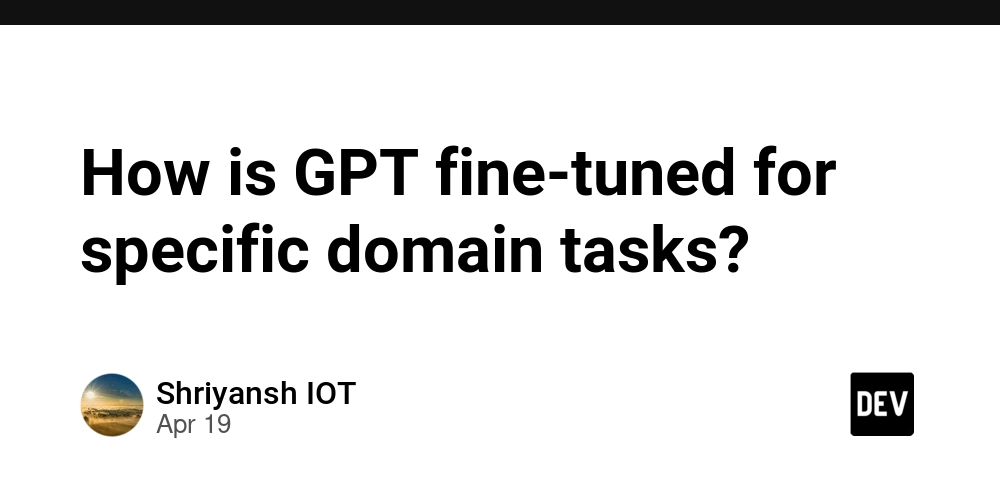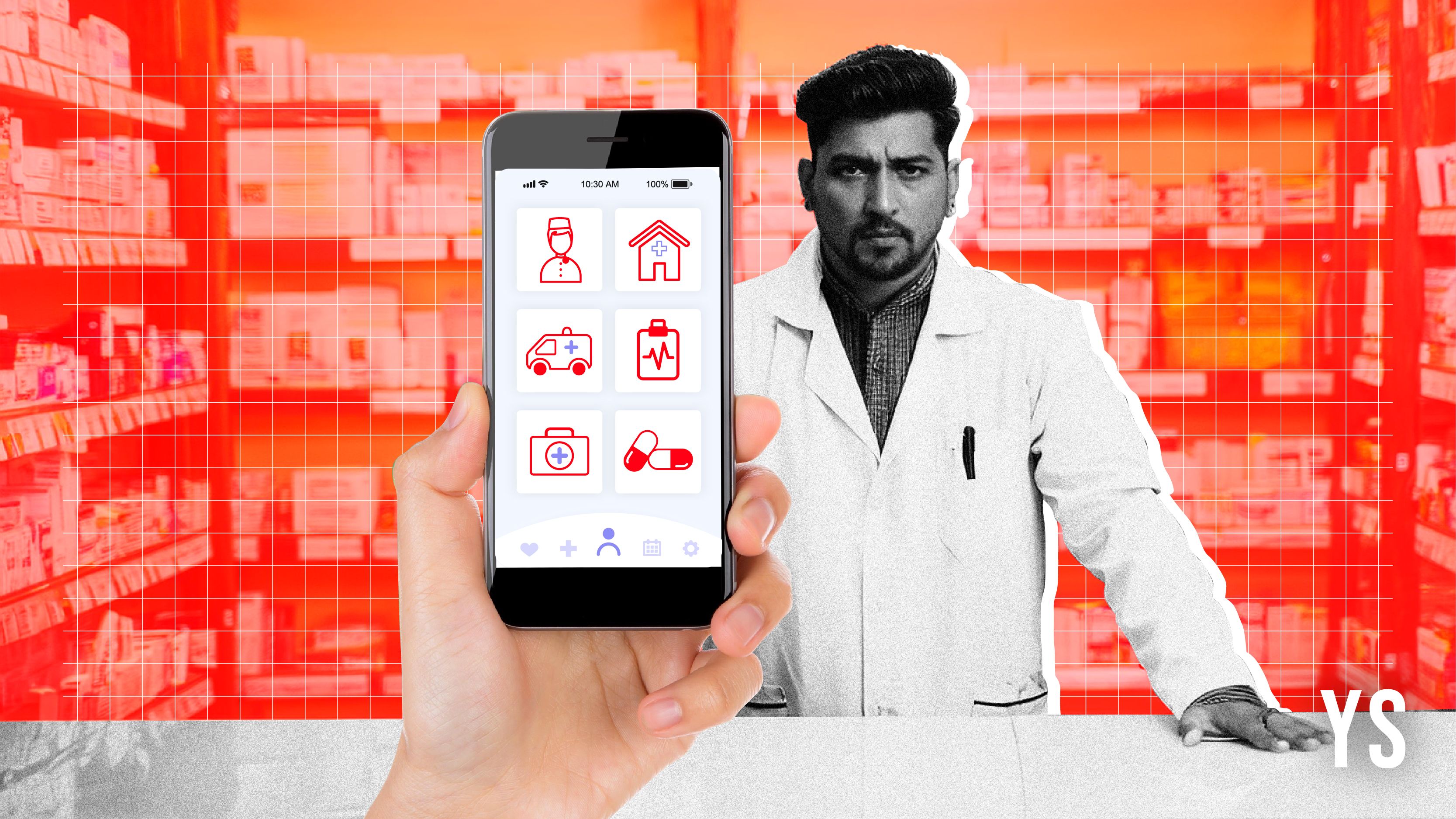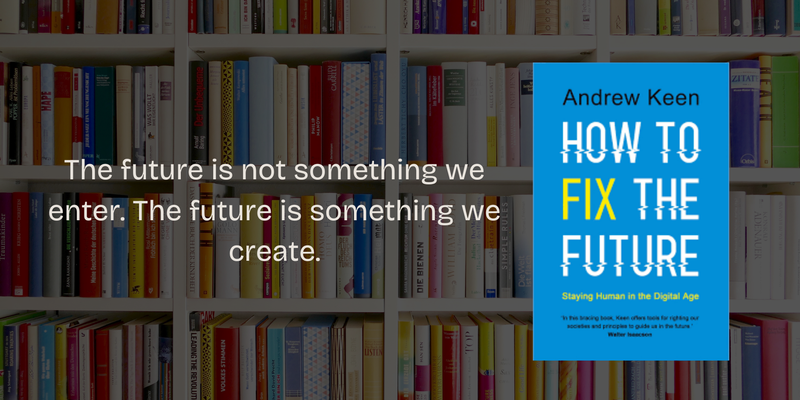The future of logistics: From speed to intelligence
Tomorrow’s supply chain leaders won’t just promise quick delivery; they’ll master each step through artificial intelligence, machine learning, and predictive analytics.


For years, the logistics industry revolved around a singular goal—delivering faster. The relentless pursuit to shrink timelines from weeks to days, then hours, and now mere minutes defined an entire generation of supply chain evolution. But, as the quick-commerce frenzy settles, a clearer truth emerges: speed alone isn’t enough. Today’s winners are those who’re moving smarter, not just faster.
At the core of this seismic shift is data. Logistics is no longer merely about warehouses, trucks, and packages—it’s become a precision-driven intelligence ecosystem. Dark stores, designed for rapid fulfillment, have become the backbone of quick commerce, allowing brands and marketplaces to meet consumer expectations for instant deliveries.
Each warehouse slot, truck route, and customer interaction generates crucial data. Properly harnessed, this data becomes a powerful tool, redefining efficiency, reshaping cost structures, and revolutionising customer satisfaction. Tomorrow’s supply chain leaders won’t just promise quick delivery; they’ll master each step through artificial intelligence, machine learning, and predictive analytics.
Data today is the lifeblood of logistics. Margins have always been razor-thin, with every delay, extra mile, or inventory miscalculation directly eroding profits. Traditional supply chains depended heavily on historical trends and reactive problem-solving, but today’s competitive environment demands predictive, real-time decision-making. Companies integrating live inventory data, dynamic customer demand insights, and intelligent fleet tracking are already seeing substantial gains.
The power of predictive analytics
Consider this: McKinsey estimates that supply chain disruptions cost companies roughly 45 per cent of their annual EBITDA over a decade. Yet, businesses adopting AI-driven logistics, including quick-commerce players integrating dark stores, can slash operational expenses by up to 20 per cent and enhance delivery accuracy by over 25 per cent. These aren’t incremental improvements; they’re transformative advantages separating legacy logistics from future-ready operations.
Real-time tracking and visibility exemplify this transformation. Consumers now demand precision—not just fast deliveries, but accurate ETAs and real-time updates. Dark stores, optimised with predictive analytics, allow quick-commerce businesses to stock high-demand products based on real-time purchasing trends.
Retailers and logistics firms providing end-to-end shipment visibility have seen customer retention rates jump by as much as 35 per cent.
Similarly, companies implementing predictive tracking have significantly cut down lost shipments. Clearly, the future belongs to those who anticipate and prevent problems, rather than simply reacting when they arise.
Predictive analytics takes this even further by forecasting demand before it occurs. Previously, companies relied on broad seasonal forecasts and past sales patterns. Now, using AI-powered demand prediction, businesses anticipate inventory needs weeks or months ahead, dynamically adjusting warehouse stock levels.
The result? Demand forecasts with over 90 per cent accuracy, 40 per cent fewer stockouts, and 25 per cent reductions in excess inventory, translating into millions saved in lost sales and storage costs. The impact is especially profound in sectors like groceries, where AI-driven demand forecasting has slashed spoilage rates by 30 per cent while improving availability in quick commerce operations and optimising inventory management in dark stores.
Automation and intelligent fleet optimisation
Automation powered by AI is redefining warehouses and fleet management, turning them from mere operational centres into sophisticated efficiency hubs. Major retailers have invested significantly in robotic fulfillment centres where automated systems pick, pack, and sort products with staggering 99.9 per cent accuracy. This level of automation can cut operational costs by 20 per cent and warehouse labour expenses by nearly 40 per cent, unlocking scalable growth for logistics providers.
Fleet optimisation adds another dimension of strategic advantage. AI-driven route optimisation algorithms factor in live traffic, weather conditions, and package density, ensuring each delivery takes the shortest, most cost-effective route.
A real-world example? A major logistics provider’s AI system saves 10 million gallons of fuel annually by eliminating unnecessary mileage. The benefit goes beyond just cost savings; it translates into reduced carbon emissions, directly aligning profitability with sustainability.
The intersection of efficiency and sustainability
Sustainability has quickly become another critical dimension of logistics innovation. Freight transportation alone accounts for over 10 per cent of global CO₂ emissions. However, AI-driven logistics solutions particularly within quick commerce and dark store operations actively combat this by reducing waste, energy use, and overall carbon footprint. Smart routing can reduce fuel consumption by 15 per cent, while predictive logistics minimises unnecessary shipments and returns.
Today, efficiency and environmental responsibility are no longer mutually exclusive—they’re complementary goals achieved through intelligent logistics.
The next decade of logistics
We are at the dawn of the logistics industry’s most profound transformation yet. The next decade will distinguish leaders not by speed, but by intelligence. Companies clinging to traditional, reactive models will increasingly find themselves outpaced by those fully embracing data-driven approaches. Predictive demand analytics, hyper-personalised delivery models, automated fulfillment, and intelligent fleet optimisation are becoming the industry’s new standard. Adaptation isn’t just beneficial—it’s essential for survival.
In a landscape where efficiency, sustainability, and intelligent decision-making define success, quick commerce and dark stores are no longer just about delivering fast—it’s about delivering smart.
The author is Founder & CEO, Zippee, a logistics platform for ecommerce brands.
Edited by Swetha Kannan
(Disclaimer: The views and opinions expressed in this article are those of the author and do not necessarily reflect the views of YourStory.)




























![[Webinar] AI Is Already Inside Your SaaS Stack — Learn How to Prevent the Next Silent Breach](https://blogger.googleusercontent.com/img/b/R29vZ2xl/AVvXsEiOWn65wd33dg2uO99NrtKbpYLfcepwOLidQDMls0HXKlA91k6HURluRA4WXgJRAZldEe1VReMQZyyYt1PgnoAn5JPpILsWlXIzmrBSs_TBoyPwO7hZrWouBg2-O3mdeoeSGY-l9_bsZB7vbpKjTSvG93zNytjxgTaMPqo9iq9Z5pGa05CJOs9uXpwHFT4/s1600/ai-cyber.jpg?#)














































































































































![[The AI Show Episode 144]: ChatGPT’s New Memory, Shopify CEO’s Leaked “AI First” Memo, Google Cloud Next Releases, o3 and o4-mini Coming Soon & Llama 4’s Rocky Launch](https://www.marketingaiinstitute.com/hubfs/ep%20144%20cover.png)




































































































































































































![Rogue Company Elite tier list of best characters [April 2025]](https://media.pocketgamer.com/artwork/na-33136-1657102075/rogue-company-ios-android-tier-cover.jpg?#)








































































_Andreas_Prott_Alamy.jpg?width=1280&auto=webp&quality=80&disable=upscale#)


























































































![What’s new in Android’s April 2025 Google System Updates [U: 4/18]](https://i0.wp.com/9to5google.com/wp-content/uploads/sites/4/2025/01/google-play-services-3.jpg?resize=1200%2C628&quality=82&strip=all&ssl=1)










![Apple Watch Series 10 Back On Sale for $299! [Lowest Price Ever]](https://www.iclarified.com/images/news/96657/96657/96657-640.jpg)
![EU Postpones Apple App Store Fines Amid Tariff Negotiations [Report]](https://www.iclarified.com/images/news/97068/97068/97068-640.jpg)
![Apple Slips to Fifth in China's Smartphone Market with 9% Decline [Report]](https://www.iclarified.com/images/news/97065/97065/97065-640.jpg)



































































































































